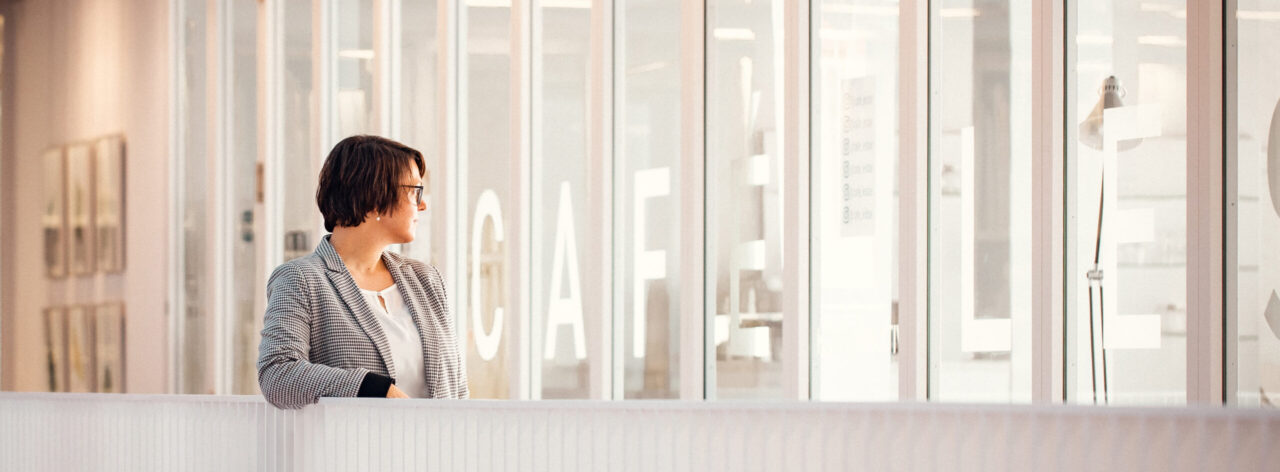It seems we can’t find what you’re looking for. Perhaps searching can help.
Jun.-Prof. Dr. Maria Wirzberger
Researcher | Lecturer | Writer | Mentor | Networker | Visionary

Jun.-Prof. Dr. Maria Wirzberger
Researcher | Lecturer | Writer | Mentor | Networker | Visionary

It seems we can’t find what you’re looking for. Perhaps searching can help.